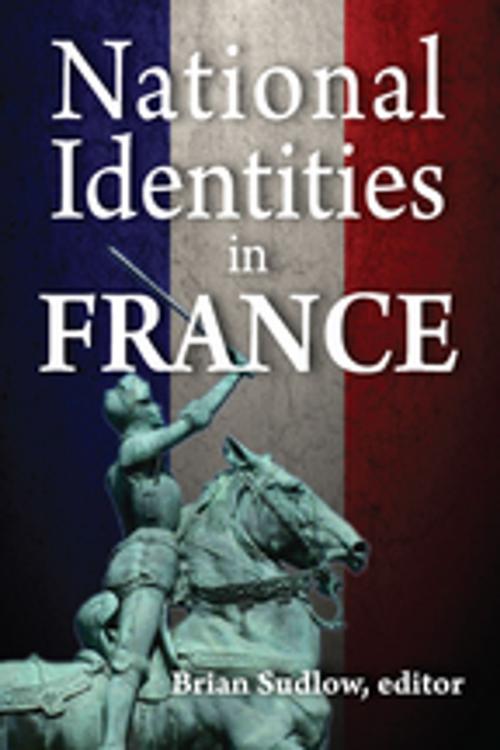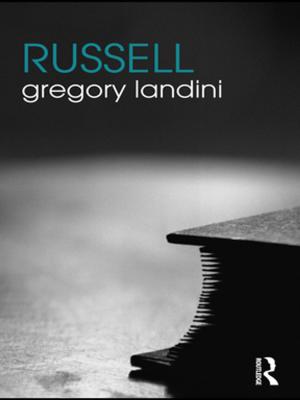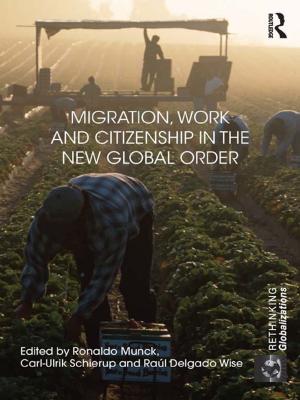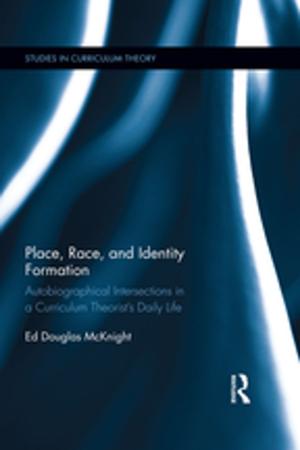| Author: | Brian Sudlow | ISBN: | 9781351503709 |
| Publisher: | Taylor and Francis | Publication: | September 8, 2017 |
| Imprint: | Routledge | Language: | English |
| Author: | Brian Sudlow |
| ISBN: | 9781351503709 |
| Publisher: | Taylor and Francis |
| Publication: | September 8, 2017 |
| Imprint: | Routledge |
| Language: | English |
National Identities in France explores nationalism, national identities, and the various ways in which these concepts are accepted, adapted, discarded, or internally disputed across ideological divides. The popular assumption that automatically regards nationalism as a largely right-wing concern, occludes the many ways in which nationalism and national identities have contributed to social imagination and political or literary discourses across the right-left spectrum. The critical grounds on which such reflections are undertaken are rich and varied. The idea of invented traditions has long suggested how such a thing as the modernnation-state could vest itself in the creatively assembled robes of a dim and distant past. In plotting the ground on which nationalisms are located, previous studies have shown, among other things, the uses and limitations of the distinction of ethnic and civic nationalism. Studies on national development reveal the imitative process that brought about nation building in former colonies of the Western powers. Each chapter asks important questions concerning nationalism and national identities in relation to France. With nationalism, apparently stable distinctions collapse under the pressure of French national identity. The signs are that French national identities and nationalisms are in a constant state of reinvention and negotiation, of periodic crisis and constant rebirth. If political classes attempt to manipulate national identity for some larger project, they have no monopoly on the social imaginary. National mobilization is a multiple and polysemic process, not a univocal and rigid ideology.
National Identities in France explores nationalism, national identities, and the various ways in which these concepts are accepted, adapted, discarded, or internally disputed across ideological divides. The popular assumption that automatically regards nationalism as a largely right-wing concern, occludes the many ways in which nationalism and national identities have contributed to social imagination and political or literary discourses across the right-left spectrum. The critical grounds on which such reflections are undertaken are rich and varied. The idea of invented traditions has long suggested how such a thing as the modernnation-state could vest itself in the creatively assembled robes of a dim and distant past. In plotting the ground on which nationalisms are located, previous studies have shown, among other things, the uses and limitations of the distinction of ethnic and civic nationalism. Studies on national development reveal the imitative process that brought about nation building in former colonies of the Western powers. Each chapter asks important questions concerning nationalism and national identities in relation to France. With nationalism, apparently stable distinctions collapse under the pressure of French national identity. The signs are that French national identities and nationalisms are in a constant state of reinvention and negotiation, of periodic crisis and constant rebirth. If political classes attempt to manipulate national identity for some larger project, they have no monopoly on the social imaginary. National mobilization is a multiple and polysemic process, not a univocal and rigid ideology.















